Meet Charlotte Bellamy: FEBS Junior Section members' interview series

Our interviewee today is Charlotte Bellamy, a PhD student at Paris Brain Institute, France. Charlotte is a founding member of the Junior Section of the French Society of Biochemistry and Molecular Biology (Société Française de Biochimie et Biologie Moléculaire, SFBBM), a FEBS Constituent Society.
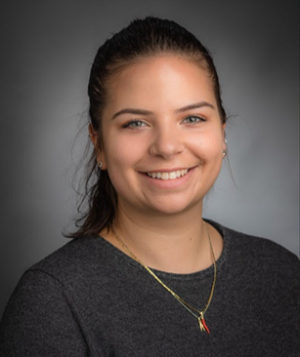
What motivated you to pursue a career in science? Why did you choose this field?
I have always been curious in understanding the world around me, and working in science, more specifically molecular biology and biochemistry, allows me to pursue the exploration into the mechanisms that underlie the functioning of life!
Briefly introduce your research topic. What is the purpose of your research?
I work on the characterisation of a mutant kinase, that is the hallmark of a rare type of brain tumor called Chordoid Glioma, and how this recurrent mutation leads to tumorigenesis. The aim of my project is to be able to understand the mechanism behind the development of this tumor, to eventually be able to find a therapeutic target.
What excites you most about your work or research?
It is always exciting when you make new discoveries in your project or you're able to confirm hypotheses. I also enjoy sharing my research with others through presentations and posters and gaining great feedback from people outside my field that have a slightly different perspective and therefore novel ideas. Collaboration is also a great part of research, to be able to discuss scientific ideas and discoveries around your project with other experts.
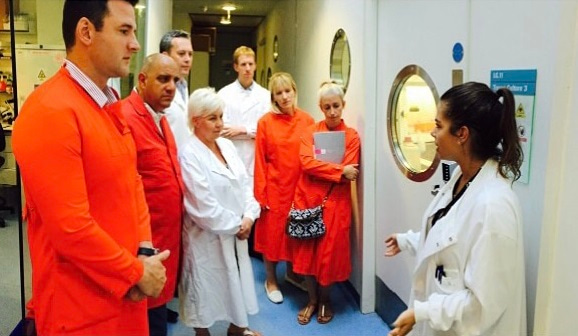
Among all the scientific discoveries of all time, which is your favorite? Why?
The discovery of reversible protein phosphorylation as a biological regulatory mechanism by Edmond H. Fischer and Edwin G. Krebs, which won them the Nobel Prize in Physiology or Medicine for 1992. I work in the field of Kinases and I find protein phosphorylation such an interesting and dynamic field that has so much more to discover. I also have a special affinity for Sir Hans Krebs as my grandfather and role model Professor Denis Bellamy, did his PhD under his supervision.
What do you do as a scientist to make your work interesting and accessible to the public?
Working in the field of cancer we often receive funding from charities that have strong connections with families and friends of those who have been affected by the disease. I find it important to be able to share the research with the members and donors of these charities so that those affected can see the advancements in the field and where the money they raise gets used.
What do you like to do in your spare time? Do you have hobbies?
PhD life is quite intense and it is common to lose yourself in your work. To try and counteract that I like different sports to be able to disconnect and release stress, such as yoga and spinning. I also enjoy exploring Paris. I feel very lucky to be living in this beautiful city, surrounded by all of this rich culture and great food!
How did you learn about the FEBS Junior Section? What motivated you to become a member?
I attended the Young Scientists Forum (YSF) before The Biochemistry Global Summit in Lisbon in 2022 and there I was introduced to the FEBS Junior Section, and realised that France, where I work, didn't have one. So I reached out to Alain Krol who had been at the YSF introducing the FEBS fellowships, and expressed my interest in getting involved, alongside Elisa Frezza, to help with setting up the Junior Section of the SFBBM.
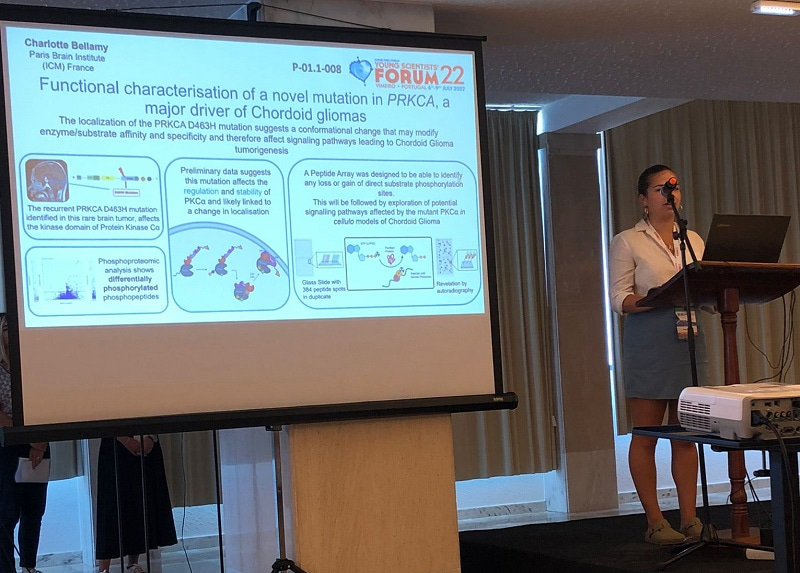
What is the importance of getting involved in FEBS Junior Section activities for students and young scientists?
Participating in the FEBS Junior Section activities allows you to see a larger network that makes up the field of biochemistry outside of your institute. And allows you to discover opportunities and make connections much easier through this pan-European organisation.
What advice would you give to aspiring students/scientists?
It is very important to find a project that you feel passionate about, to be able to keep up motivation throughout your PhD. So make sure that the project you choose you find super exciting, as that's what will keep you going!
Where do you see your career going next?
I am in my final year of PhD, so the first step will be to complete it! Then I hope to pursue a post-doc in the field of cell signaling in cancer.
Photo by Alexander Grey on Unsplash


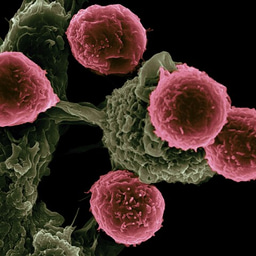

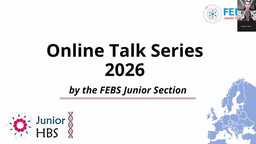
Join the FEBS Network today
Joining the FEBS Network’s molecular life sciences community enables you to access special content on the site, present your profile, 'follow' contributors, 'comment' on and 'like' content, post your own content, and set up a tailored email digest for updates.